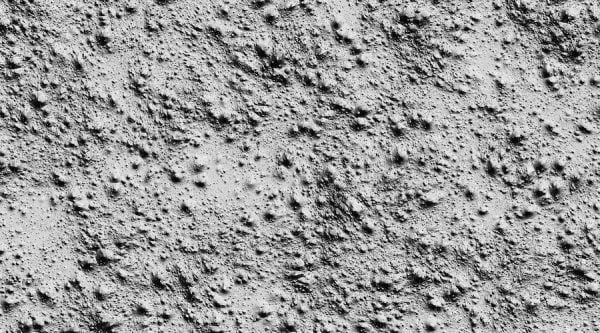CEMENT manufacturers are appealing to the Government to expedite putting in place import controls so as to protect local companies.
In an interview with Sunday News Business last Thursday, Pretoria Portland Cement (PPC) managing director Mr Kelibone Masiyane said last year there was a huge demand of cement leading to artificial shortages on the market as a number of businesses and individuals were hoarding the commodity for speculative purposes aimed at profiteering.
“It was initially an issue of volumes last year where there was a huge demand, but we saw that part of the demand was not really people that were building but just wanting to put money into cement and ‘clean up the money’ and obvious we had some plant shut downs that obviously ended up bringing up this sort of shortage,” he said.
“We just had a factory tour with the Minister of Industry and essentially we were showing him that we were up and running, we’ve got the capability to supply the entire country. So when we did the factory tour we just wanted to demonstrate that we have the capability in terms of installed capacity vis-à-vis the demand,” he said.
Mr Masiyane said PPC has an installed capacity to produce 1,4 million tonnes of cement a year of which the country’s demand is estimated to be around that figure.
“If you take into account our two plants — Bulawayo and Harare, each one of it has installed capacity of 700 000 tonnes per annum so which gives us 1,4 million tonnes of cement per year and at the moment the demand is sitting at 1,4 million. So PPC on its own is able to satisfy the demand but now if you bring in other players we have installed capacity of about 2,6 million tonnes versus a demand of 1,4 million, so there is over capacity,” he said.
“We are saying it doesn’t make sense to be using forex to allow people to bring in cement from outside. We’ve got critical things like in pharmaceuticals and other essentials that can be brought in duty free, especially those which we don’t produce but as for cement we produce the best quality. That’s why when Government put duty within Sadc (Southern African Development Community) of a US$100 per tonne, the idea was to level the playing field. So we didn’t advocate for a total ban, we are saying there should be duty,” he said.
Last year, the Government suspended sections of SI 122 of 2017 to increase the flow of basic goods into the market ahead of the festive season and ease pressure on foreign currency demand on the Reserve Bank of Zimbabwe. The repealing of SI 122 was also meant to allow retailers to restock after panic and speculative buying had left some shelves empty, triggering shortages of some commodities. Most of the cement coming into the country is imported from Zambia with part of it coming from Asia through Mozambique.
Mr Masiyane said the high cost of production in the country was one of the major factors that hamper local companies’ lack of competitiveness against other players in the region.
“The problem with Zimbabwe is the cost of manufacturing — it is quite high, it’s the highest in the region which makes the country uncompetitive . . . it’s difficult to penetrate regional markets because of the high costs of production right here in Zimbabwe, so we struggle with that but all the same we are saying we are here, the product is available in Zimbabwe,” he said.
Mr Masiyane said it was of paramount importance for the Government to address the issue of high cost of production as it has a negative impact towards efforts to turnaround the country’s economy. _The Sunday News
.png)




